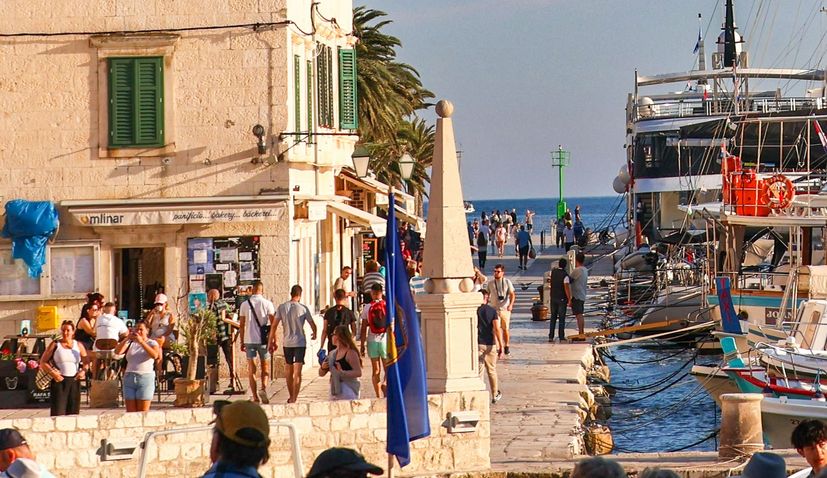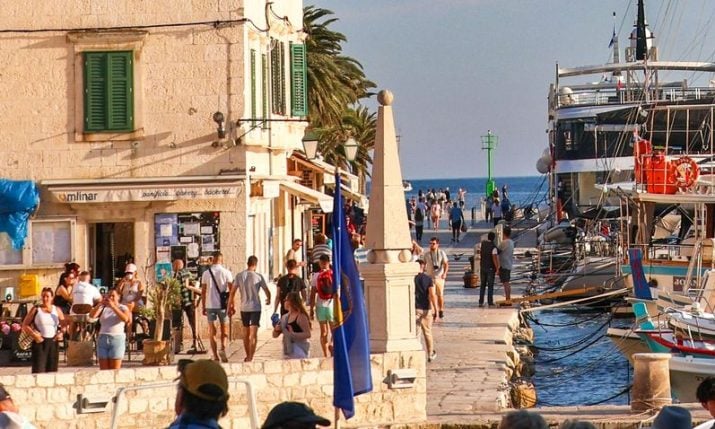by croatiaweek
August 18, 2025
in

Hvar
Croatia’s ambitious tourism reform, designed to shift the industry from mass arrivals to a more sustainable, higher-quality model, is beginning to stir unease among private hosts.
With private accommodation currently making up half of all capacity in the country, the changes are set to have the greatest impact here, Večernji list reports.
Officials argue that the dominance of private rentals contributes to peak-season crowds and relatively low daily tourist spending.
Countries with a higher share of hotel beds typically report double the visitor expenditure. The reforms aim to address this imbalance – but not without consequences.
In recent months, the number of registered private accommodation facilities has continued to grow nationally, reaching just under 125,000 across Croatia.
Yet in several key coastal regions, the trend has reversed. According to July data, Istria saw 120 fewer listings than last year, the Kvarner region lost 86, while Šibenik-Knin County recorded the sharpest drop, with 131 fewer.
Lorena John, President of the Istrian Family Accommodation Association, explains that hosts are leaving for different reasons.
“Some with small capacities find that rising costs and taxes mean it is no longer profitable. For them, switching to long-term rental is easier and more stable. Others stop due to personal reasons. But unfortunately, there are also those who deregister only on paper and continue renting illegally, relying on loyal guests and avoiding tax obligations,” she said.
Additional measures on the horizon are adding to uncertainty. From 2029, those renting flats in residential buildings will need the consent of two-thirds of neighbours. At the same time, higher taxes are expected to make private rentals less attractive, writes Večernji list.
For some, the maths simply no longer works. A Zagreb-based host, says his two apartments bring limited profit compared to the effort involved.
“With an occupancy of under 60 per cent and average rates of €50 per night, we clear around €500–600 monthly per apartment after costs. That’s about the same as long-term rent, but with far less hassle and expense,” he explains, adding that cleaning, repairs and frequent maintenance eat into margins.
Many are waiting for the final stage of the tax reform this autumn before making a decision. For Croatia’s vast private rental sector, change seems inevitable – and the coming years may bring a very different accommodation landscape for both visitors and hosts.
